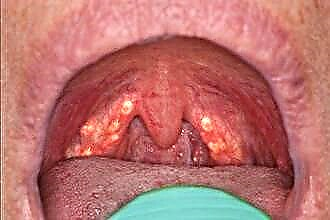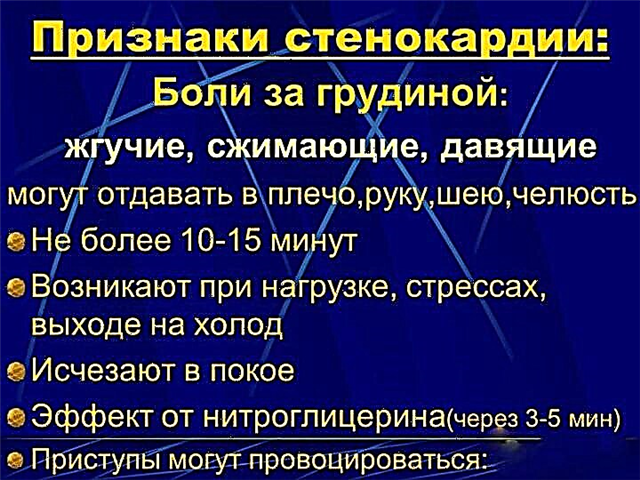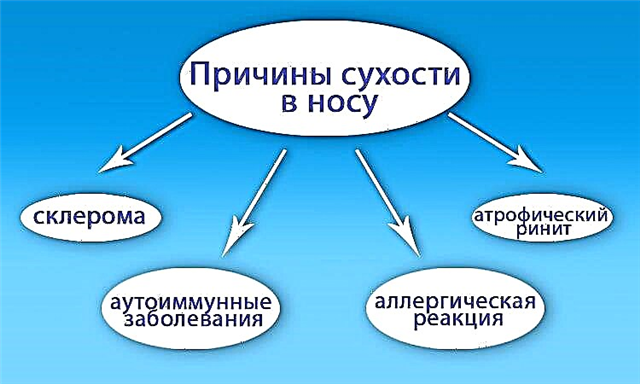Nosebleeds bother children several times more often than adults. Some children encounter this very rarely, others often, but sooner or later such an unpleasant situation happens to everyone. It is especially alarming if the bleeding begins unexpectedly in the middle of the night. Why does a child have nosebleeds at night? Usually small nosebleeds are provoked by mechanical damage to the mucous membrane. In this case, there is nothing to be afraid of - the loss of blood is not great, and nothing threatens the child's health.
Nevertheless, one cannot be silent about the fact that nosebleeds can be a symptom of certain diseases - both local, affecting only the nasal cavity, and general, affecting the work of the whole organism. Let's see what factors can cause a child's nosebleeds at night, and whether there is cause for concern in your case.
Causes
 So, unexpectedly for everyone, the child has nosebleeds at night. Stopping nosebleeds is usually easy (we'll show you how to do it quickly and safely). However, stopping the bleeding cannot fully alleviate parental concerns about what happened, especially if the situation is repeated several times. Why did this happen, and is it possible to prevent the occurrence of nosebleeds in the future?
So, unexpectedly for everyone, the child has nosebleeds at night. Stopping nosebleeds is usually easy (we'll show you how to do it quickly and safely). However, stopping the bleeding cannot fully alleviate parental concerns about what happened, especially if the situation is repeated several times. Why did this happen, and is it possible to prevent the occurrence of nosebleeds in the future?
Let's look at the main causes of nosebleeds.
Mechanical damage
If a child is bleeding from the nose, it is very likely that a mechanical violation of the integrity of the blood vessel has occurred. Simply put, the child was picking his nose and accidentally damaged a blood vessel. This can happen by accident, in a dream. It is very simple to do this - the epithelium of the mucous membrane in children is much thinner, and the vessels are more sensitive than in adults. For example, even minor damage to the Kisselbach plexus (a mucosal area with a particularly dense vascular network) provokes bleeding.
Moreover, for mechanical damage it is not necessary even to touch the nasal mucosa. So, if crusts (dried mucus) build up in your baby's nose, bleeding can be caused by a simple sneeze. The powerful air flow and muscle contraction cleanses the nasal passages of crusts, and when they come off, they can damage the mucous membranes.
To prevent this from happening, it is necessary to maintain normal air humidity in the room - thanks to this, mucus does not accumulate in the nose, and crusts are not formed. If nothing interferes with breathing, the child will stop pulling his hands to his nose and injure the mucous membrane.
It is worth noting that children with a deviated nasal septum bleed from the nose more often than others.
The fact is that at the site of the curvature of the septum, the mucous membrane is in a "taut" position. In this case, the bone itself can injure blood vessels, for example, when a child blows his nose, sneezes, etc. In addition, a deviated septum contributes to the accumulation of mucus in the nasal passages, which ultimately leads to the formation of dry crusts.
Dry mucous membranes and fragility of blood vessels
The next reason is closely related to the previous point - it is excessive dryness of the mucous membrane. Normally, the nasopharynx is constantly moistened with mucous secretion, which is produced by goblet cells. This mucus has many functions, and one of them is to provide elasticity to the mucous membrane. If the mucus dries up, the mucous membrane becomes inelastic, and extremely sensitive to various influences.
Vessels of overdried mucous membrane are very fragile - their damage can cause drops in blood pressure, physical stress on the body, sneezing, etc.
Why does the mucous membrane dry out? There may be several reasons:
- dry air (especially if the child sleeps near a working battery, or his room is rarely ventilated);
- insufficient amount of fluid you drink;
- abuse of vasoconstrictor nasal drops (they should be used no more than 5-7 days, depending on the active substance);
- dry mucosa may simply be an individual feature of the body.
It is not for nothing that pediatricians, having heard a complaint of nosebleed in a child, first of all prescribe moisturizing nasal drops (based on saline solutions or sea water). They can irrigate the mucous membrane several times a day. Often this is enough to forget about nosebleeds, both day and night.
Atrophic rhinitis
Atrophic rhinitis is a chronic inflammation of the nasal mucosa, accompanied by the death of epithelial cells, and then cartilage and bone tissue. In childhood, the disease is much less common than in adults, and usually occurs during puberty.
The clinical picture of atrophic rhinitis is as follows:
- frequent but not profuse nosebleeds;
- dryness of the mucous membrane;
- constant accumulation of crusts in the nose, they often smell unpleasant;
- sometimes the child blows out a small amount of thick, dark mucus;
- complaints of dry mouth;
- Difficulty nasal breathing (the child often opens his mouth to breathe more freely);
- deterioration of smell.
It is worth noting that atrophic rhinitis usually develops in children who do not receive enough vitamins with food, spend little time in the fresh air, and are also constantly influenced by stress factors.
Systemic diseases
 Frequent nosebleeds can be a symptom of general disorders in the body, such as:
Frequent nosebleeds can be a symptom of general disorders in the body, such as:
- decrease in the number of platelets;
- lack of proteins that ensure the formation of a blood clot;
- various disorders of the liver;
- diseases of the heart and blood vessels, for example, increased blood pressure;
- lack of vitamin C, which is necessary to maintain the elasticity of blood vessels.
Fortunately, common illnesses rarely cause nosebleeds in children. To rule out possible common violations, parents should answer the following questions:
- How long can a baby have nosebleeds?
If the child's coagulation system works without disturbances, the blood stops within 15-20 minutes.
- Was blood flowing from one nostril, or from both?
Unilateral bleeding is a sign of damage to the anterior parts of the nasal cavity, which is most often caused by mechanical damage. If blood comes from both nostrils, the damaged vessel is located in the deep parts of the nasopharynx - mechanical damage is unlikely, and other reasons should be sought.
- How often do nosebleeds bother?
Normally, this should not happen more than once a month.
- Have you noticed bruises, wounds, blood when brushing your teeth, blood in urine in your child?
Such symptoms are characteristic of pathologies of the coagulation system. Obviously, not only the nose will suffer in this case - the violation affects the entire body.
To identify possible systemic disorders, a general clinical blood test should be taken. This study allows you to determine the quantitative and qualitative characteristics of platelets - blood cells that provide wound healing. In addition, a standard blood test includes a clotting time.

First aid
What should parents do if their child has a nosebleed?
In the event that bleeding begins at night, when the child is already in bed, sit him down immediately. Contrary to popular belief, you do not need to throw your head back - it is obvious that the blood does not stop flowing from this, you simply cannot see it. The bleeding continues, but no longer flows from the nose, but into the esophagus and stomach, which, ultimately, can provoke vomiting.In addition, if the child's head is thrown back, you cannot assess the strength and duration of the bleeding.
Thus, the child should sit, and with a slight forward bend. Now the child, or one of the parents, must pinch his nose so that the blood does not flow out. In this position, you must wait 10 minutes - during this time a blood clot should form, blocking minor damage to the vessel. You do not need to squeeze too hard, as well as letting go of your nose every 30 seconds (this can make the blood flow stronger). You can put an ice pack on the bridge of the nose (cold causes vasoconstriction, so the bleeding stops faster). If blood continues to flow after 10 minutes, repeat the procedure.
If the bleeding cannot be stopped within 20 minutes, you need to call a doctor or go to the hospital.
Prophylaxis
What to do to reduce the frequency of nosebleeds? The following is recommended:
- control the humidity in the house;
- use moisturizing nasal drops, especially in winter;
- eat a lot of foods containing vitamin C;
- drink enough fluids;
- aerobic physical activity - running, swimming, cycling, outdoor games - has a good effect on the state of blood vessels.
For several days after nosebleeds, the child should avoid strenuous physical exertion, pressure and temperature changes.



